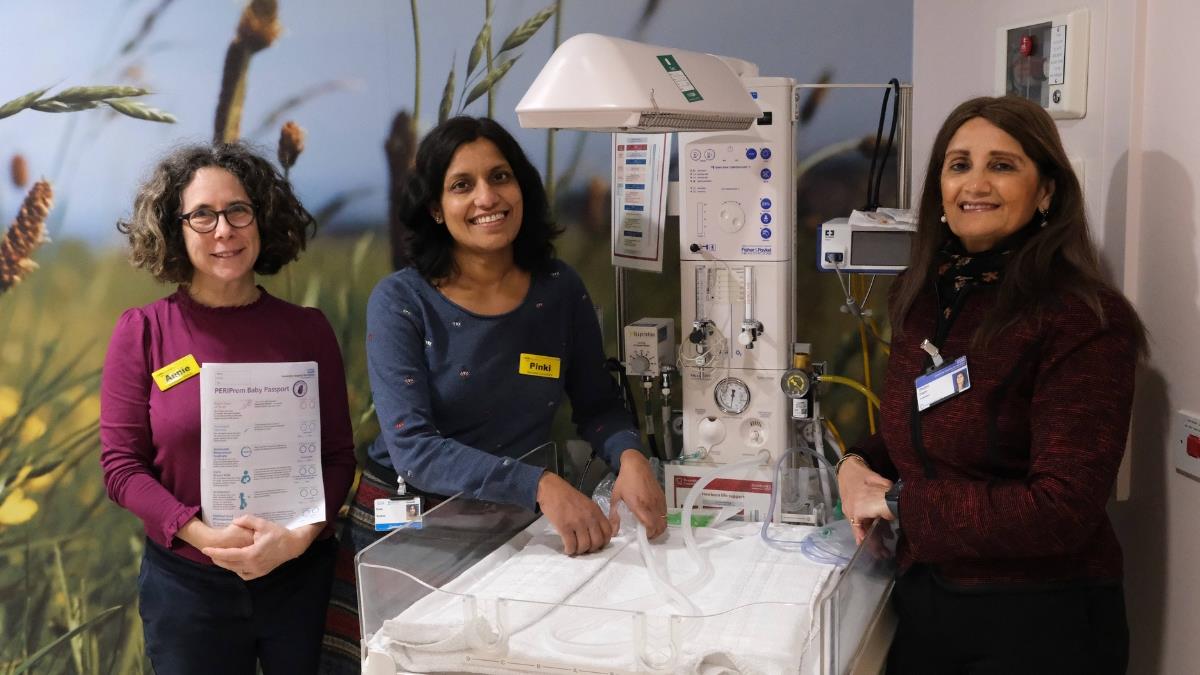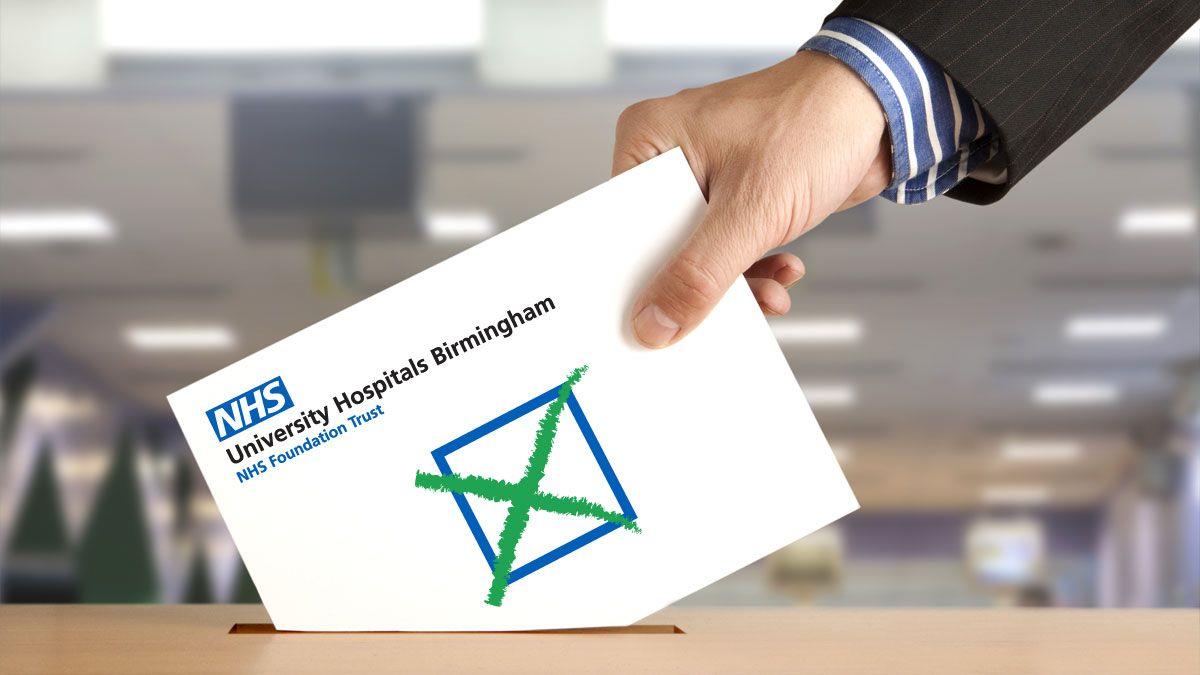Passports launched to improve outcomes in preterm babies
Published on 12/02/2024

PERIPrem passports have been launched in our maternity and neonatal services, with the aim of improving outcomes for premature babies.
PERIPrem (Perinatal Excellence to Reduce Injury in Premature Birth) passports are a bundle of 11 interventions that are proven to reduce brain injury and death in preterm babies.
The interventions include ensuring the birth is in the right place, providing steroids and antibiotics to women before their baby is born, delayed cord clamping, early maternal breast milk, giving babies caffeine and probiotics, to support their development and more.
These measures have been shown to have a significant impact on the rates of brain injury and mortality rates in babies born prematurely and ensures the standardisation of the best practice in preterm care.
The passports will be given to families attending the preterm prevention clinic and twins clinic, if they arrive in hospital for potential preterm labour, and to every parent of a baby born earlier than 34 weeks.
They are designed to inform and fully involve parents in the care of their baby, outlining the different interventions their babies should receive, the benefits and reasons why.
Annie Lester, Consultant Midwife at UHB, said: “We are delighted to be launching the PERIPrem passports within our maternity and neonatal services. The passport ensures the best practices in care are given consistently, helping to improve outcomes for the smallest and most vulnerable babies we care for.”
The PERIPrem project was coproduced by the West of England and South West Academic Health and science Networks and the South West Neonatal Operational Delivery Network.
The passports were co-created by maternity teams, neonatal teams and parents and are available in the following languages; English, Arabic, Bengali, Somalian, Romanian, Lithuanian, Turkish, Portugues and Polish.
Bhavna Gokani, Director of Nursing for Children and Young People at UHB, said: “The passport supports family integrated care and enables families to feel empowered in the delivery of care to their baby.”
The passports have been adapted for use by the UHB PERIPrem group which is made up of Consultant Neonatologist Pinki Surana, Consultant Obstetrician Shalini Patni, Consultant Midwife Annie Lester, Neonatal Nurse Gurpreet Sunsoay and Saving Babies Lives Lead Corrine McDonald.


